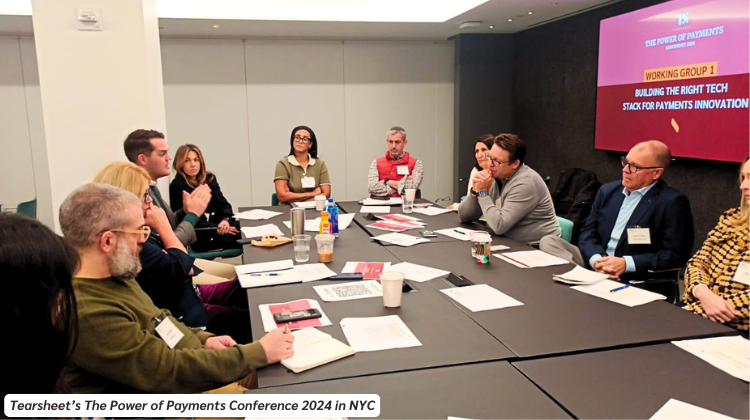“Moving beyond traditional definitions creates a significant opportunity to deliver smoother, integrated solutions”: Payoneer CEO John Caplan on driving growth through emerging markets
- John Caplan outlines how Payoneer has adjusted its strategy to better meet the cross-border payment needs of businesses in emerging markets at Tearsheet's TPOP 2024 Conference in NYC.
- Payoneer’s renewed focus on prioritizing businesses in emerging markets reflects Caplan’s vision, shaped by his experiences leading the company in the past year and a half.

Global expansion is now becoming a goal for many businesses, but international payments remain a vital challenge to address.
At the recent Tearsheet Power of Payments Conference in New York, John Caplan, CEO of Payoneer, outlined how Payoneer has adjusted its strategy to better meet the cross-border payment needs of businesses in emerging markets.

“Payoneer exists to make it easy for businesses anywhere to do business everywhere,” says Caplan.
Don’t be like a snowman, be a snowplow instead
Payoneer’s renewed focus on prioritizing businesses in emerging markets reflects Caplan’s vision, shaped by his experiences leading the company in the past year and a half. He believes “brilliance is evenly distributed, but opportunity is not.”
The idea that, despite having 7.5 billion people on the planet, only some people have the resources or access to participate in the global economy fully felt like a problem Caplan was determined to address. This belief has guided him throughout his career, from his time at Alibaba, the fashion talent agency, Ford Models, to his leadership at About.com.
For Caplan, it’s all part of the same challenge: be the snowplow that clears the obstacles, enabling people to reach their full potential.
…



